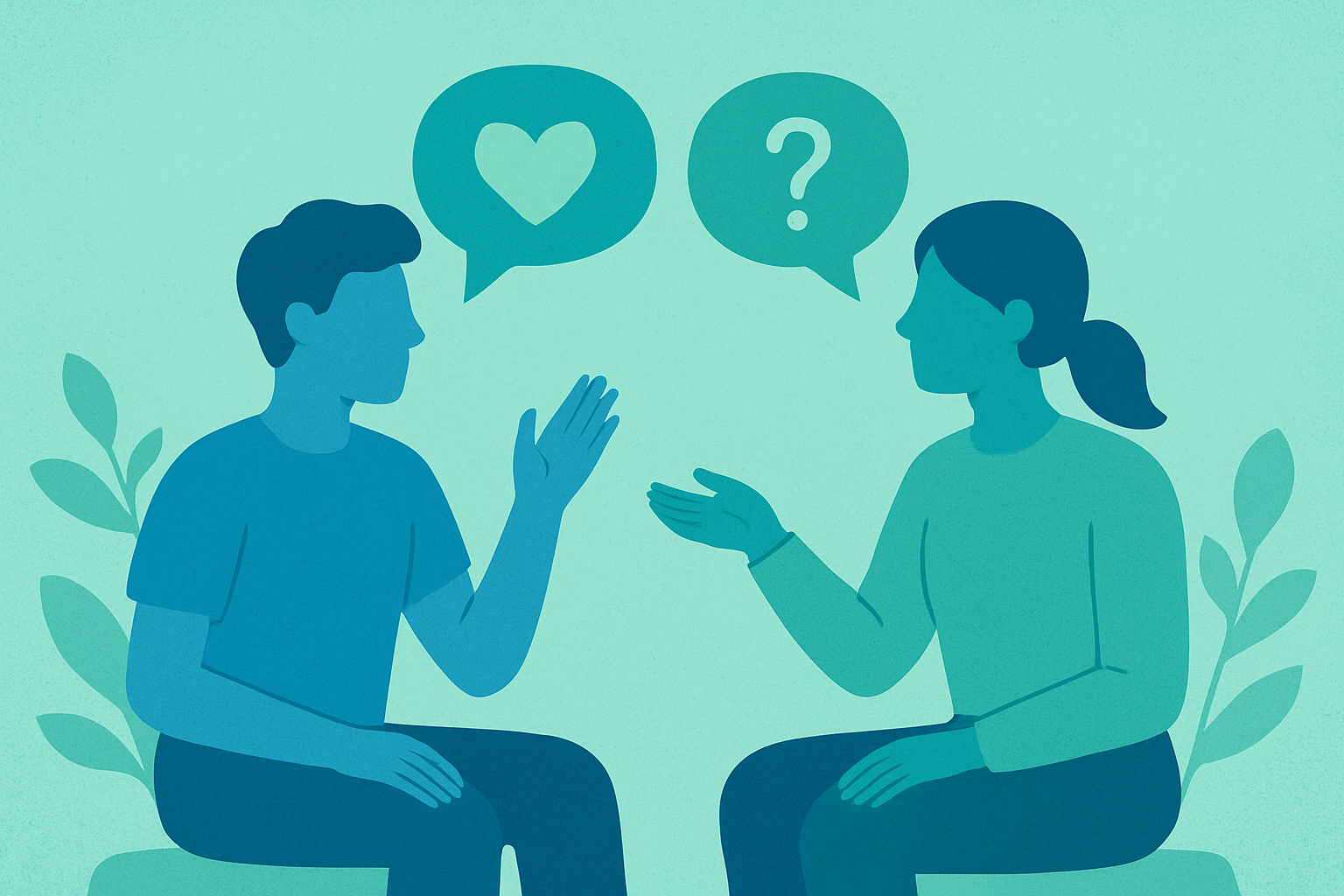Building Peace in Schools: Shifting Paradigms from Punitive to Restorative
From punitive to restorative: using the affective questions when things go wrong
“Thank you for being a thoughtful listener, I know you didn’t have a great impression of me in November, but I appreciate you not holding it against me”.
Those were the words inked onto a card given to me by a student following their graduation from secondary school. The student had been involved in a social altercation that turned physical in the hallways of our school on a rainy day the previous fall.
Only a few years prior, this breach of our school values and student code of conduct would have been met with clear-cut punishment; likely a multi-day suspension resulting in further alienation of those involved, a consequence (apology letter?) and, depending on various factors like time, skill, existing social norms, disciplinary structures, and current policy to address the challenge, student reintegration most likely would not have involved a thoughtful approach to harm repair involving all parties.
Instead, using restorative practices, we:
created physical and emotional safety through use of space and supporting adults
used affective questions to understand the emotional experience and shame response of our students
approached behaviour as communication
sought to understand the needs of all involved in making things right
involved friends and family members, as appropriate and with permission, to enhance the likelihood of long-term repair
reviewed systematic structures and policies that may help to reduce the chance of further harm
Had we not addressed the fight in the hallways through a restorative lens, we might not have taken the time to understand that this conflict had been years in the making, had repeatedly bubbled to the surface, involved various other students and their families, and had been stressful in very different ways for all of the individuals who were involved. The conflict would have inevitably risen again, as it had this time, because it had never been directly addressed in a thoughtful, empathetic, and restorative way that respected each individual as valued members of a community who deserve to be heard, feel a sense of safety and belonging, and be active co-creators in the climate of their community.
The research overwhelmingly tells us that punitive methods of managing challenging behaviour and conflict in schools are often re-traumatizing, ineffective, inequitable, and harmful to the mental health of our young people (Brummer and Thorsborne, 2024). It is also true that schools are operating within a global context that favours punitive over restorative approaches when harm is caused. As educators supporting our students in developing the skills to relate with others respectfully and effectively, how do we address this paradigm? Restorative practices gives us a roadmap to create healthy inclusive communities and build peace in our schools through accountability and fair process; shifting from punitive to restorative allows us to be more effective in identifying and addressing systemic issues that may be reinforcing harm within our communities. Here are some reflective questions to assess your community’s approach:
How is community connection actively being built in your school?
Where and when do students, staff, and the wider community have opportunities to build authentic relationships through trust-building? Do those structures ensure equitable contribution from all?
Do you use community circles as a tool for sharing, consensus, and repair?
How is conflict and harm addressed?
Does harm repair involve a fair process of engagement (participation of all involved), explanation (clear and common understanding of the issue), and expectation clarity (what will happen next)?
Do students and families understand the process when harm is done?
Is the approach reactive or proactive? What impact does that have on educators and students when harm does occur?
Are students and staff encouraged to express their emotions and feelings using affective language when something goes wrong? If not, why not?
Does your community’s approach to conflict resolution support empathy development and relationship building or does it reinforce separation and consequence?
Are those who have been harmed and those who have harmed actively supported in finding effective solutions to heal, reintegrate, and move forward with new behaviours?
With what skills do our students walk away from the current model of conflict resolution? How does it serve them in being active global citizens who can relate to others with respect?
How we deal with conflict and challenge as a community can either create trust and belonging or slowly erode the fabric of individual and collective safety. As educators, if we are not actively building an environment in which our students know they will be supported when they make mistakes and where there is a level of accountability that reinforces our responsibility and impact on the collective, then we are creating and exacerbating trauma for our students and ourselves by reinforcing isolation, division, and separation in a place where young people are supposed to feel seen, safe, and heard.
Restorative practice is a clear framework that improves school climate, socio-emotional skill development, and sense of belonging (Acosta et al., 2019) while reducing violence, bullying victimization, and substance abuse in our youth (Huang et al., 2023). We can create healing spaces which support human connection and repair in which our young people can grow, learn, fail, restore, and thrive with a sense of hope for their place in the world.
When things go wrong, using the affective questions below provides opportunity for:
A calm systematic approach in often stressful situations
Free expression of emotion
Effective harm repair and healing
Collective discussion of harm repair
A growth mindset in a an inclusive environment; acknowledging we make mistakes and reinforcing our inherent value in community
Educators have incredible influence on re-humanizing education in the midst of sustained global conflict; together, we can build peace in our schools and help our students develop a skills to build a peaceful future together.
Click here for a starter guide to use restorative (affective) questions when things go wrong.
Contact: meg@mcpeacebuilding.org

